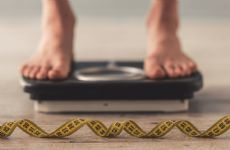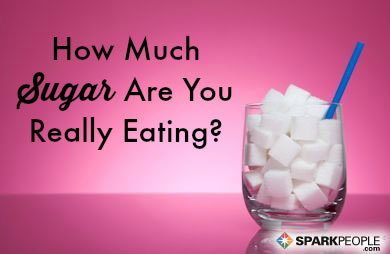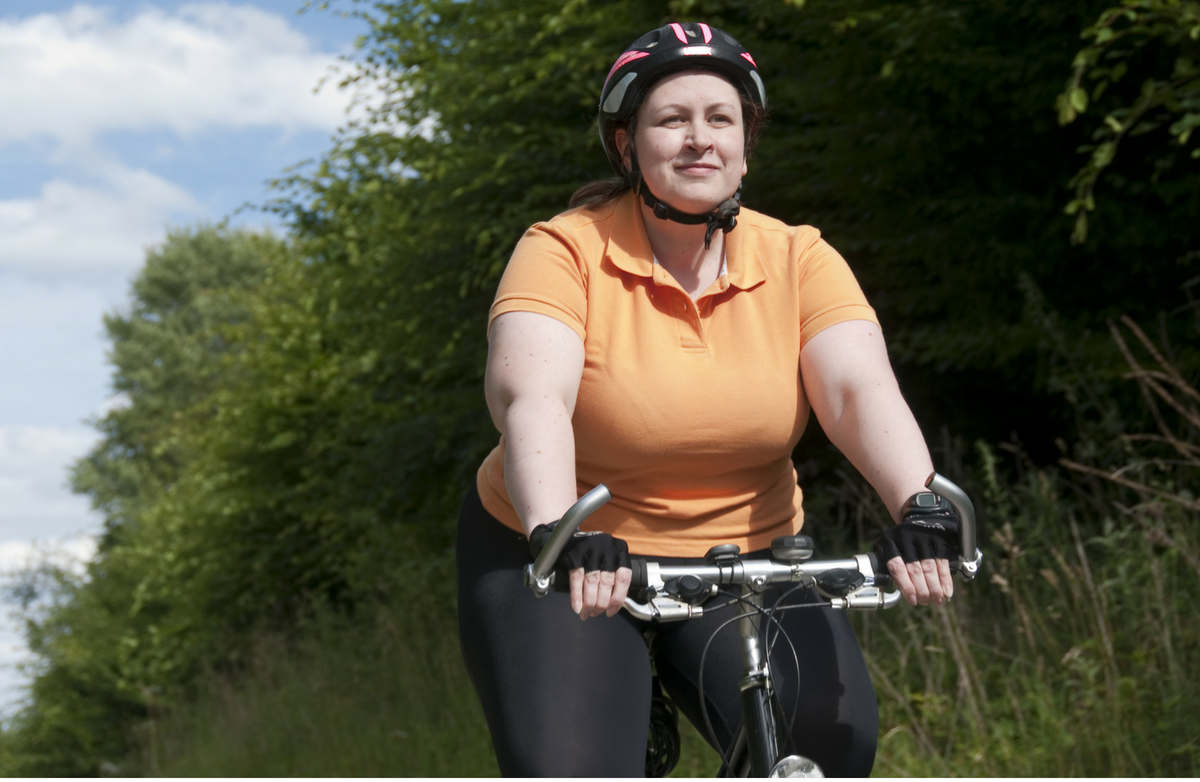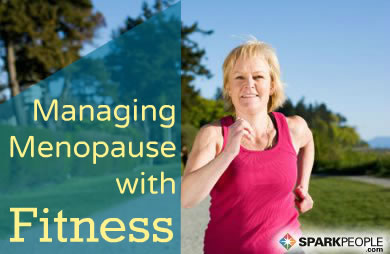|
Last week Coach Nicole emailed me a link to an article published in the New York Times regarding midlife eating disorders. While I was quite aware of anorexia, bulimia and binging being diagnosed in young women, I was unaware of the rise of these disorders in women of my generation--women in their 30's, 40's, 50's and beyond. So is this a new trend or could it be that women my age are finally seeking treatment for issues they have had for years? I know for me, poor body image issues started when I was entering adolescence. I embarked on my first diet at the tender age of 12 after overhearing a conversation regarding my thighs. It was probably just a nonchalant comment made between adults, but sadly one that I took to heart and lived with for well over 32 years. These were years I spent either on a diet or off a diet but never really embracing healthy living. When I was reviewing the symptoms of binge eating disorders via the Eating Disorder Center of Denver website, I realized that this is how I had been eating for many years prior to February of 2005. It wasn't uncommon for me to have recurrent episodes of binging without purging, many times followed by feelings of disgust and depression over my lack of willpower, followed by yet another failed diet attempt. Now I realize that all these symptoms are related to a binge eating disorder. And while I never thought of myself as having a 'true eating disorder', which I equated to starvation, not eating, and purging, reading the symptoms made me realize that I did at one time suffer from disordered eating. Some researchers have even resorted to calling this trend of midlife eating disorders as The Desperate Housewives Syndrome due to the thin and youthful appearance of the characters on the show. Yet we cannot blame television or Hollywood alone for this issue. According to Dr. Tamara Pryor, author of the "The Desperate Housewives Syndrome Research on Mid-Life Patients with Eating Disorders", as many as 94% of women suffering from midlife eating disorders had previously suffered from an episode sometime earlier in their lives. Therefore, pointing the blame at society alone will not reverse the trend. Instead we must empower ourselves that we are more worthy than a number on the scale or the size on a tag. For me one of the biggest wake-up calls was being told a few years ago by a Registered Dietitian and trainer that I should not expect to have the body I had in my twenties. Due to child baring and my age, my body had changed, but that did not mean I could not be the best 40 something I could be. Letting go of the past and the desire to be what I once was has allowed me to move on to the future and accept where I am right now. Were you aware of this trend of midlife eating disorders? Do you strive to have the body you had in your youth? Do you find the pressure to be thin just as challenging in your midlife as you did in your youth? |
Related Entries
More From SparkPeople
|
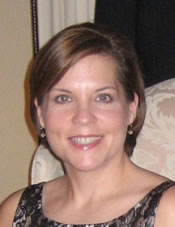

.png)
.jpg)




